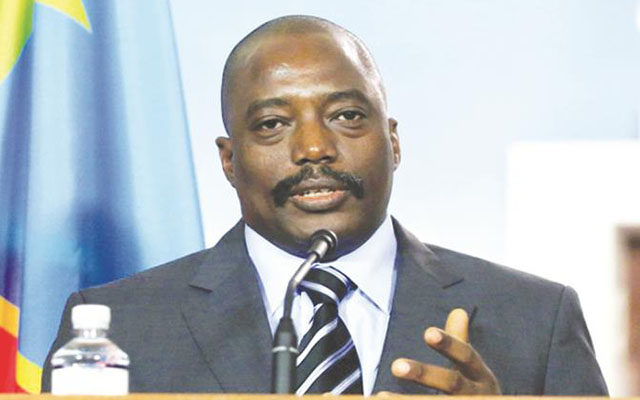EDITORIAL COMMENT: Telecoms critical in rural economy

Since last year, the Postal and Telecommunications Regulatory Authority of Zimbabwe (Potraz) has been able to set service standards for telecommunications service operators and to enforce conformity with these standards and now should be able, by a nuanced mixture of fines and persuasion and fee setting, to make the operators come to an agreement over how they can back each other up in an emergency.
This is not just to make it easier to phone someone. In the modern world it is increasingly obvious that being connected to the national and global communication networks is using an essential service. In other words being connected is now a necessity, not a luxury.
In Africa, the change over the past two decades has been phenomenal. From being the worst connected continent for telecommunications, Africa is now one of the world’s leaders. One major example is Kenya, the country where mobile banking took off and made that country not just the leader in Africa in this service, but the leader in the world.
So Potraz’s insistence that all Zimbabwean operators maintain high standards makes sense. But we think it can now go further. Urban people rarely notice a hardware fault.
All mobile operators now have so many base stations in urban areas to handle peak loads that there is considerable overlap. If one base station goes down then the neighbouring ones can cope with the extra load with nothing worse than minor congestion.
In addition, the operators almost always have a technician and spares available in that urban area and so work on the fault can start within a couple of hours.
In many rural areas this is not the case. All operators now have near universal coverage in Zimbabwe and outside the most remote areas of large national parks there is hardly a place in Zimbabwe that does not have service from at least one operator and often at least two.
But there have been reports that when a base station has a fault, or when power goes down, or some other minor emergency, then these rural customers can find themselves without telecommunications for days.
This is used as an excuse for the lack of rural embracing of electronic and mobile banking.
Instead farmers and rural communities are still in economies that are largely cash based, and that is now causing other problems as farmers harvest their crops from a first-class season, are paid in bank transfers, but now need to pay workers and buy stuff in local shops.
Yet in Kenya even remote rural areas are now largely working on mobile banking, for convenience if nothing else.
But for this step to be taken in Zimbabwe rural communities need to know their telecommunications are secure. This, we think, Potraz can help ensure. One obvious solution, now standards are set and fines can be levied, is for all operators to co-operate.
It should be simple to set things up that if Operator A has a fault in a particular area then Operator B will take over the load for say the 48 hours needed to get a technician out to fix the problem.
Operator B should be allowed to charge a fee for this, and Potraz can set a fair fee which is possibly less than the fines that might otherwise arise. With fees less than fines Operator B might well notice that it is in its interest to provide the service since it might need the same favour the next week.
There have been problems in the carrot approach to encouraging a bit more co-operation and even sharing some infrastructure. Now standards are being set and enforced, Potraz has a stick that can be used with care and precision to make sure all operators realise both the necessity and value they gain in modest co-operation.









Comments